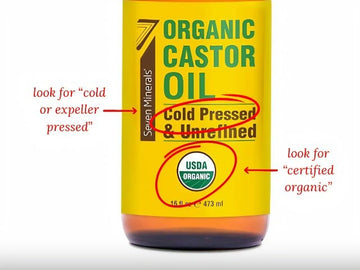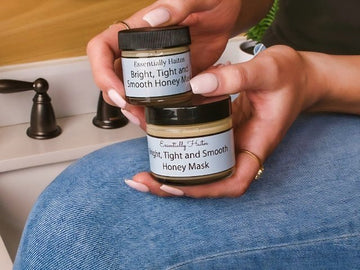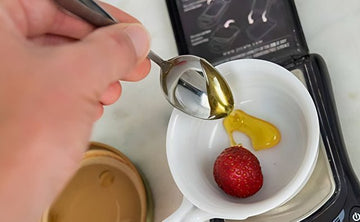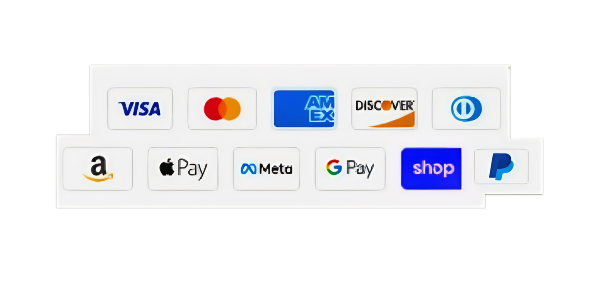It’s time to wrap this series up! In this final blog of the How to Read a Skincare Label series, Lorraine Dallmeier, Director at Formula Botanica, discusses the finer points of your skincare label – details which few will share – on the label, anyway. Catch up on How to Read a Skincare Label - Part 1 and How to Read a Skincare Label - Part 2.
What won’t my label tell me about my skincare?
An ingredients list won’t tell you how an ingredient was produced, or even necessarily what its origin is.
A perfect example is a carrier oil – it might be unrefined which means that it hasn’t had any of its “goodies” in the oil stripped out of it, or it might have been refined, deodorized and undergone chemical treatment to make sure it doesn’t have a strong scent or color.
The ingredients list won’t tell you any of this because both refined and unrefined oils have exactly the same name on the label. The carrier oils used by the mainstream industry are often heavily refined because manufacturers want skincare products that have very little color and scent. The carrier oils sold in the supermarket are generally heavily refined too, which is why cosmetic-grade oils are often of higher quality than food-grade oils!
Will my skincare label tell me if the ingredients are of a high quality?
There isn’t a way of knowing whether the ingredients in your beauty product are of high quality and efficacy when reading the label. You won’t be able to tell from the INCI list whether your formulation contains top quality ingredients.
Speaking as someone who has bought many different cosmetic ingredients from many different suppliers, there is a huge range in quality out there. It often really is a case of “you get what you pay for”.
A good example is that some smaller re-sellers of cosmetic ingredients might not even be preserving their ingredients properly, before they refill them into smaller packaging and sell them to beauty brands. We wrote an article recently on the topic of contaminated hydrosols, which is a worrying trend we see amongst re-sellers of hydrosols.
What if I want to buy vegan skincare?
The ingredients on your skincare label also won’t be able to tell you if your ingredient is animal- or vegetable-derived, unless the beauty brand has gained vegan certification and is showing that certification logo on its label. Some brands declare their formulation to be vegan-friendly.
Not every brand does this of course, so you won’t always know if some of the ingredients in your favorite skincare cream have been derived from animals.
Take hyaluronic acid for instance. Hyaluronic acid is an anti-aging skincare ingredient which you’ve no doubt heard of. It’s a very powerful humectant and helps plump up the skin. Although hyaluronic acid is now frequently synthesized through microbial fermentation, pharmaceutical companies still extract hyaluronic acid from rooster combs. Some companies breed roosters with extra-large combs for this very purpose.
What is your top tip for buying the best quality skincare product?
My advice is always less is more – go with simplicity in your formulations and that way you’ll find it much easier to eliminate any ingredients that are causing you problems or don’t fit with your clean beauty ethos.
Make “simple beauty” your buzzwords for 2019 – focus on formulations that consist of high percentages of beautiful botanical ingredients and support indie green beauty brands (like Essentially Haitos!) that are changing the industry one formulation at a time. – Lorraine Dallmeier







